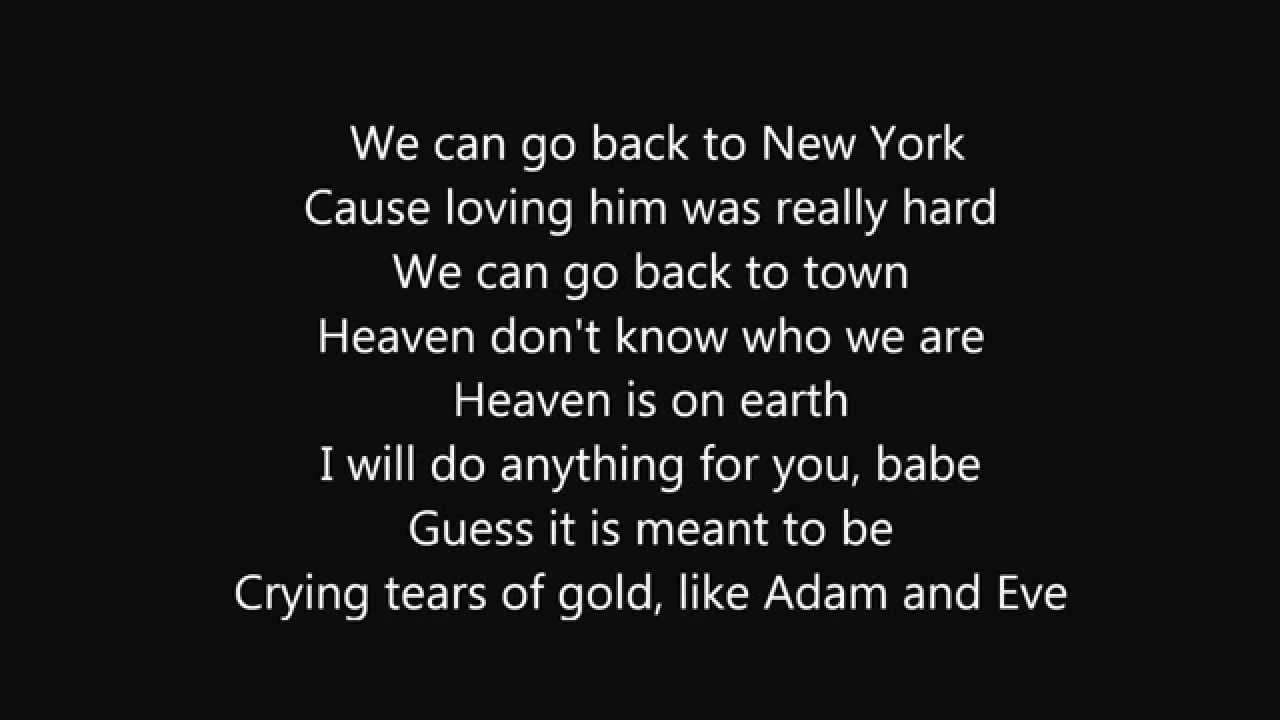In the realm of contemporary music, few artists have captivated audiences with the same enigmatic allure as Lana Del Rey. Renowned for her haunting vocals, nostalgic aesthetics, and profound lyricism, Del Rey’s discography is a treasure trove of evocative storytelling. Among her many masterpieces, “Ultraviolence” stands out as a hauntingly beautiful ode to love, pain, and the complexities of human relationships.
Released in 2014 as the title track of her third studio album, “Ultraviolence” showcases Del Rey’s signature blend of dreamy melodies and dark, introspective lyrics. The term “ultraviolence” itself, borrowed from Anthony Burgess’s dystopian novel “A Clockwork Orange,” sets the stage for a narrative that delves into the darker aspects of romance and existence.
At its core, “Ultraviolence” is a poignant exploration of toxic love and the allure of danger. Del Rey’s lyrics paint a vivid picture of a tumultuous relationship characterized by passion, pain, and a sense of inevitability. From the opening lines, “He used to call me DN / That stood for deadly nightshade,” listeners are plunged into a world where love and destruction intertwine.
One of the most striking aspects of the song is its juxtaposition of lush, cinematic instrumentation with lyrics that depict emotional turmoil and vulnerability. Del Rey’s velvety vocals glide effortlessly over the haunting melody, drawing listeners into a hypnotic trance. Lines like “He hit me and it felt like a kiss” provoke discomfort yet compel us to delve deeper into the complexities of abusive dynamics and the blurred lines between pleasure and pain.
Throughout “Ultraviolence,” Del Rey employs vivid imagery and poetic language to convey the intensity of her emotions. Whether she’s likening love to a drug (“Heaven is on earth / I will do anything for you, babe”) or grappling with feelings of powerlessness (“I’m your jazz singer / And you’re my cult leader”), each lyric is imbued with a sense of raw honesty and vulnerability.
Yet, amidst the darkness, there are moments of haunting beauty and introspection. In the chorus, Del Rey’s longing plea – “He hit me and it felt like a kiss / I can hear violins, violins / Give me all of that ultraviolence” – captures the paradoxical nature of desire and self-destruction. It’s a chilling acknowledgment of the ways in which we may become ensnared in toxic relationships, craving the very pain that ultimately consumes us.
“Ultraviolence” is not merely a song; it’s a cinematic experience that transports listeners to a world of shadow and light, pleasure and pain. Its evocative lyrics and haunting melody linger long after the final notes fade away, leaving an indelible impression on those who dare to venture into its depths.
In the years since its release, “Ultraviolence” has become a cornerstone of Lana Del Rey’s discography, beloved by fans and critics alike for its artistic merit and emotional resonance. Its exploration of love, violence, and the human psyche continues to resonate with listeners, serving as a testament to Del Rey’s talent for crafting deeply affecting narratives through music.
Conclusion
“Ultraviolence” stands as a testament to Lana Del Rey’s prowess as a songwriter and storyteller. With its haunting melodies and poignant lyrics, the song invites listeners on a journey through the darker recesses of the human experience, challenging us to confront our own desires, fears, and vulnerabilities. In a world often characterized by superficiality and escapism, “Ultraviolence” dares to delve into the depths of the soul, offering a glimpse into the complexities of love, pain, and the pursuit of meaning.

